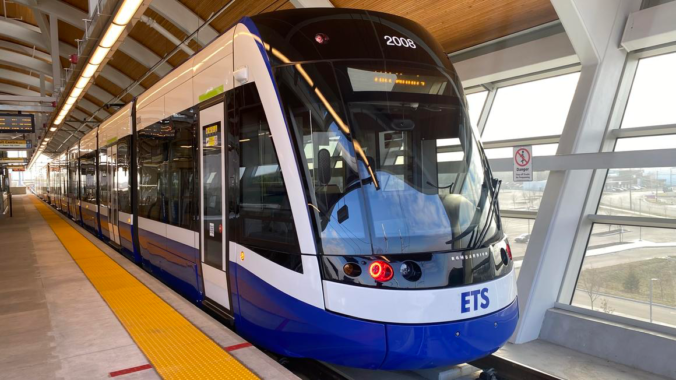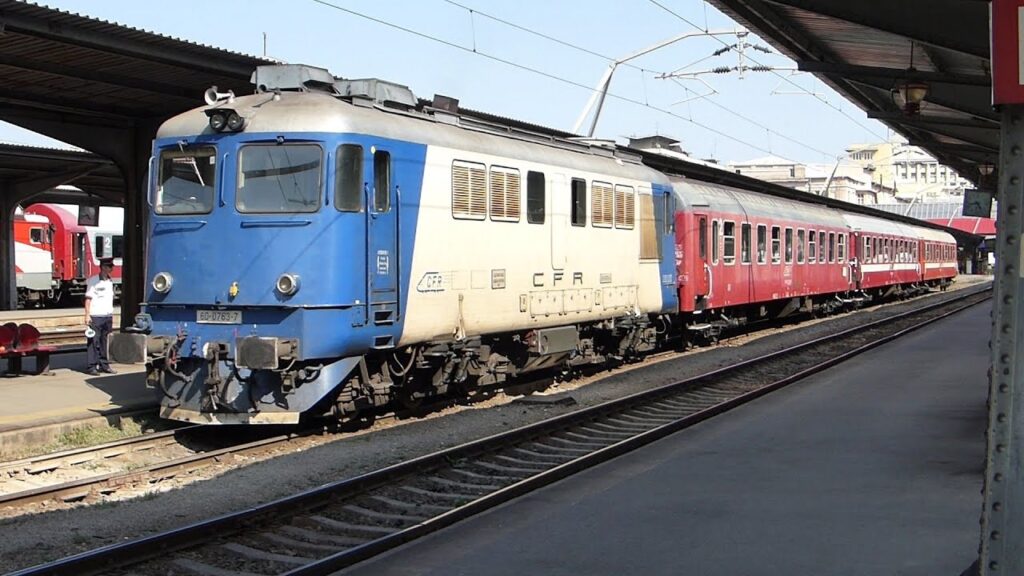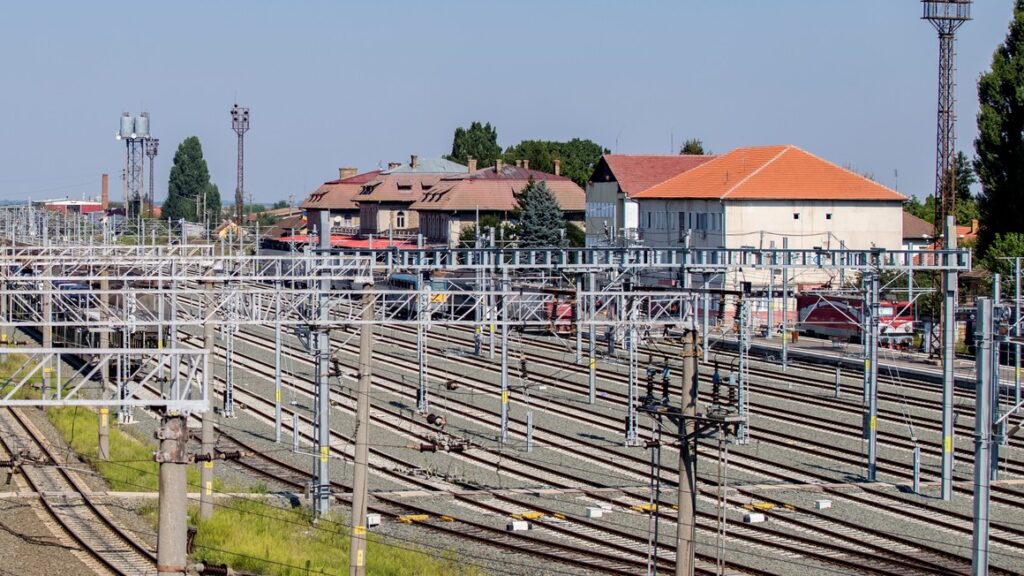January 12, 2024 – Alstom SA (Paris: ALSO), a global leader in smart and sustainable mobility, has been awarded a contract by the Municipality of Florence, valued at € 50 million for the construction of track, catenary, substations, and lighting system for Line 4.2 of the city’s tram system, with an option for Line 4.1, worth €49 million.
The tender was awarded to a temporary consortium of companies composed by the mandated company CMB together with Alstom, Hitachi Rail and ComNet, and covers operations spanning across a distance of 5.3 kilometres (11 stops) of Line 4.2 Campi Bisenzio-Piagge. The Line 4.2 will connect Le Piagge station to San Donnino and from there to the centre of Campi Bisenzio.
The contract includes an option, for the second lot, which will cover the 6.3 kilometres of Line 4.1 Piagge-Leopolda (13 stops) will connect Line 4.2 with the city centre.
The project is financed by National Recovery and Resilience Plan funds.
The works will be carried out by the System & Infrastructure team in Rome and the components for the electric traction will be designed and supplied by the Alstom site in Valmadrera, Lecco.
Forward-Looking Statements
This press release may contains forward-looking statements within the meaning of the Private Securities Litigation Reform Act of 1995, including expected delivery dates. Such statements are based on current expectations and projections about our future results, prospects and opportunities and are not guarantees of future performance. Such statements will not be updated unless required by law. Actual results and performance may differ materially from those expressed or forecasted in forward-looking statements due to a number of factors, including those discussed in our filings with the Securities and Exchange Commission.







